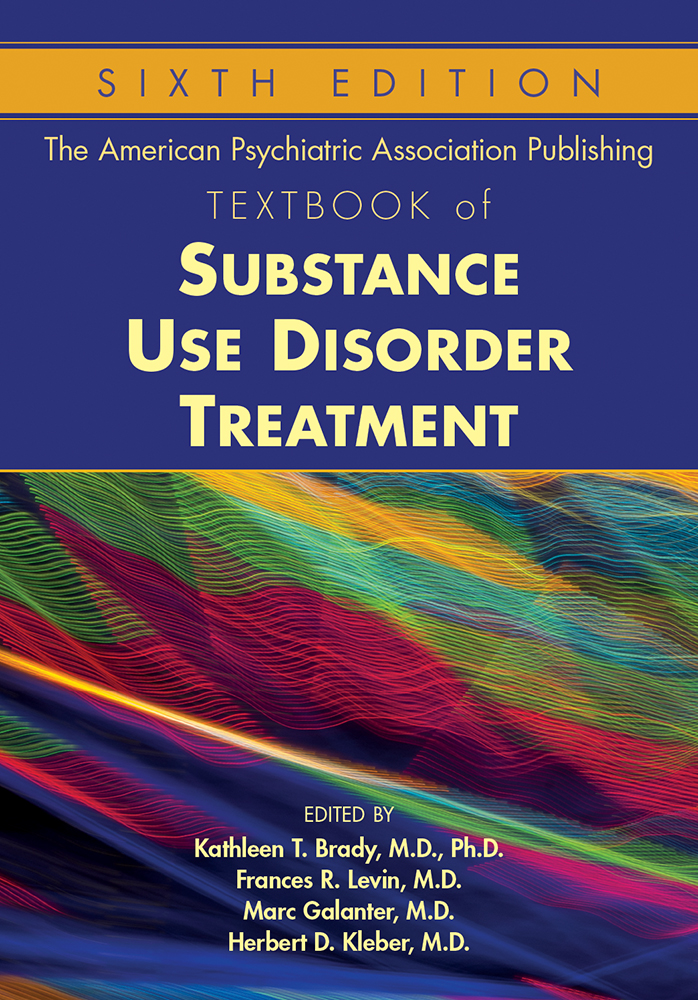Sections
Excerpt
Approaches to the treatment of substance use disorders (SUDs) continue to develop and shift, as does the research supporting these approaches. Although what are often referred to as “alternative” approaches—such as meditation, exercise, yoga, music therapy, and acupuncture—have likely long been integrated into treatment programs, the evidence base underlying these approaches is relatively recent. Research has been growing on the use of mindfulness meditation, exercise, and other “mind and body” practices such as yoga, acupuncture, and tai chi as complements to extant treatment models or as alternatives to standard SUD treatment. In this chapter we offer a brief overview of these alternative approaches.
Access content
To read the fulltext, please use one of the options below to sign in or purchase access.- Personal login
- Institutional Login
- Sign in via OpenAthens
- Register for access
-
Please login/register if you wish to pair your device and check access availability.
Not a subscriber?
PsychiatryOnline subscription options offer access to the DSM-5 library, books, journals, CME, and patient resources. This all-in-one virtual library provides psychiatrists and mental health professionals with key resources for diagnosis, treatment, research, and professional development.
Need more help? PsychiatryOnline Customer Service may be reached by emailing [email protected] or by calling 800-368-5777 (in the U.S.) or 703-907-7322 (outside the U.S.).



